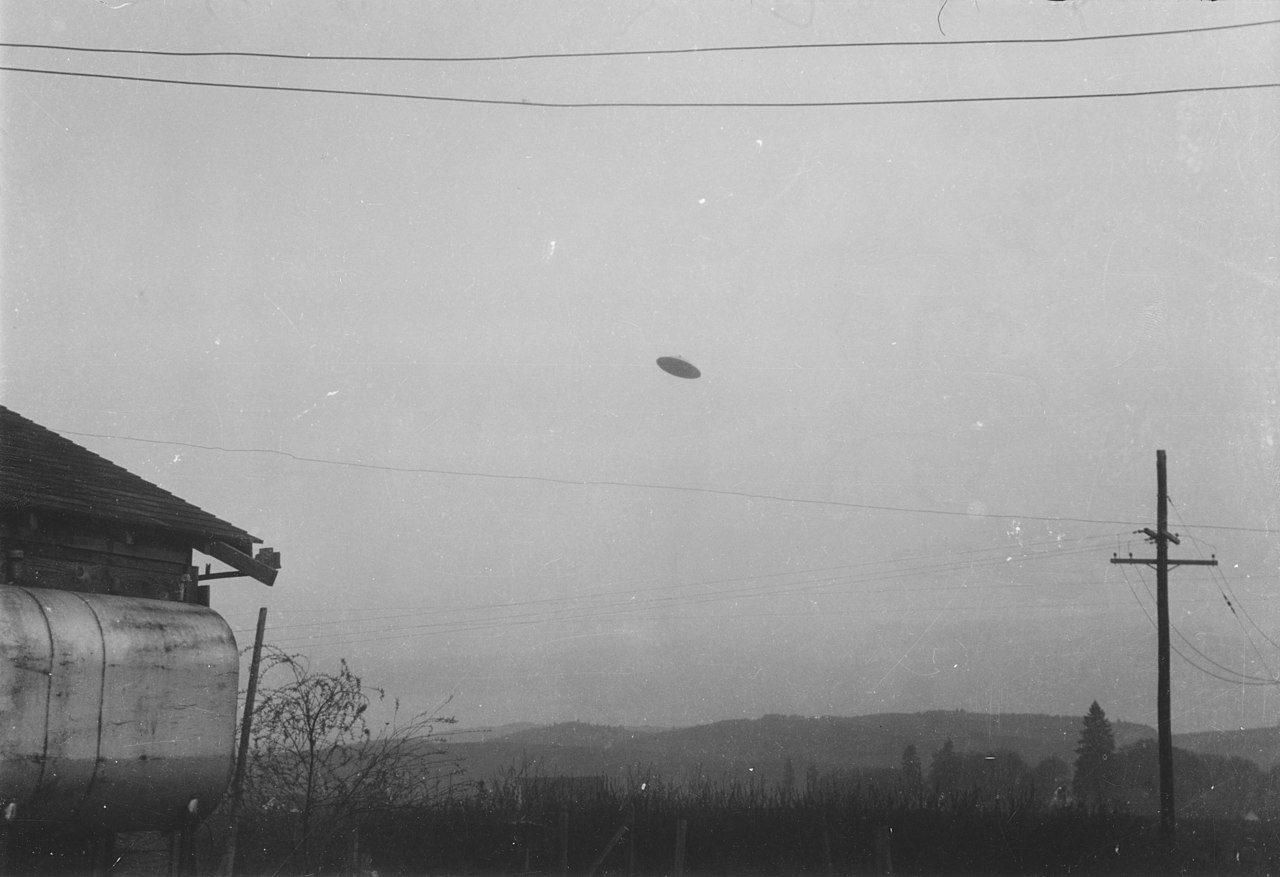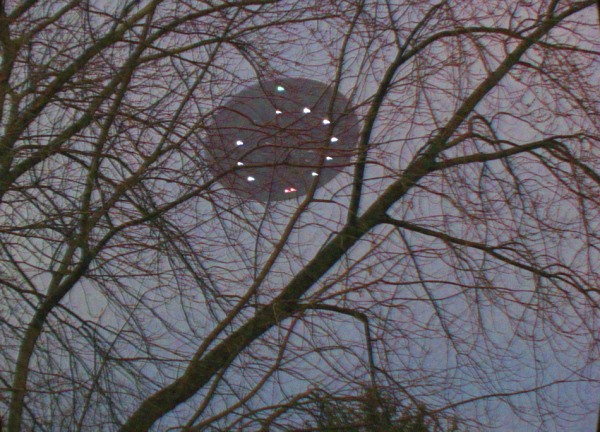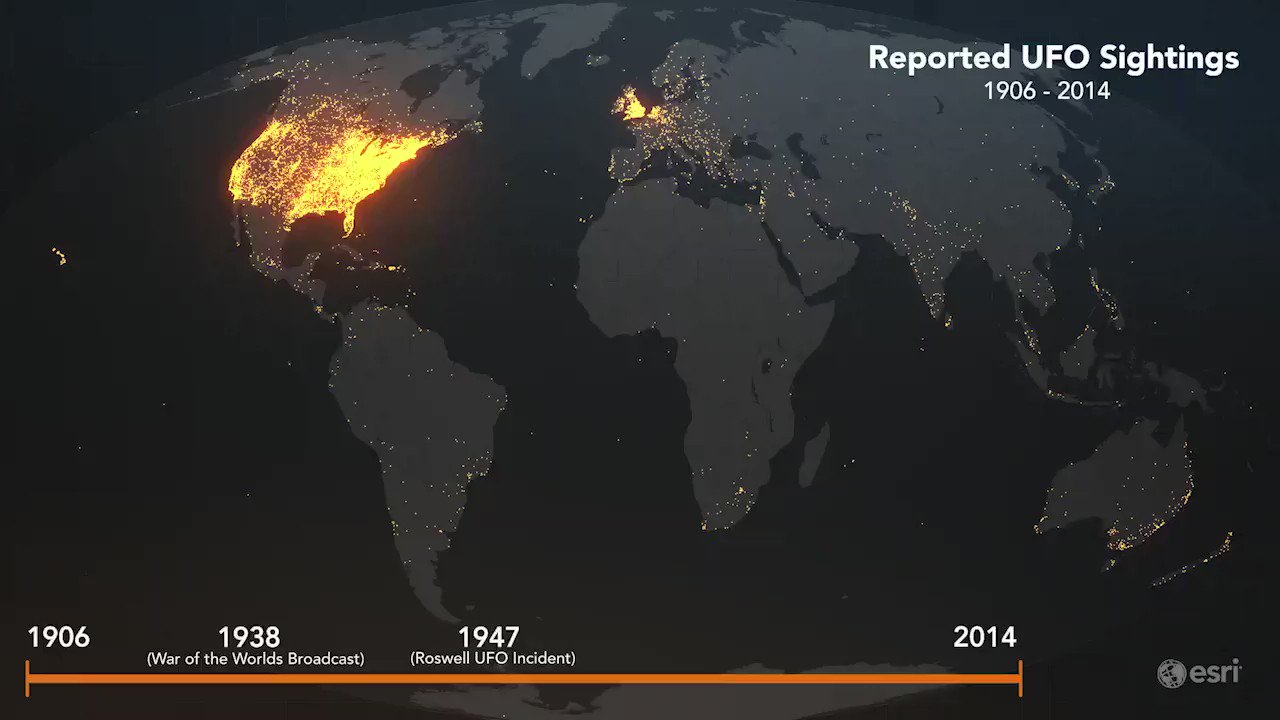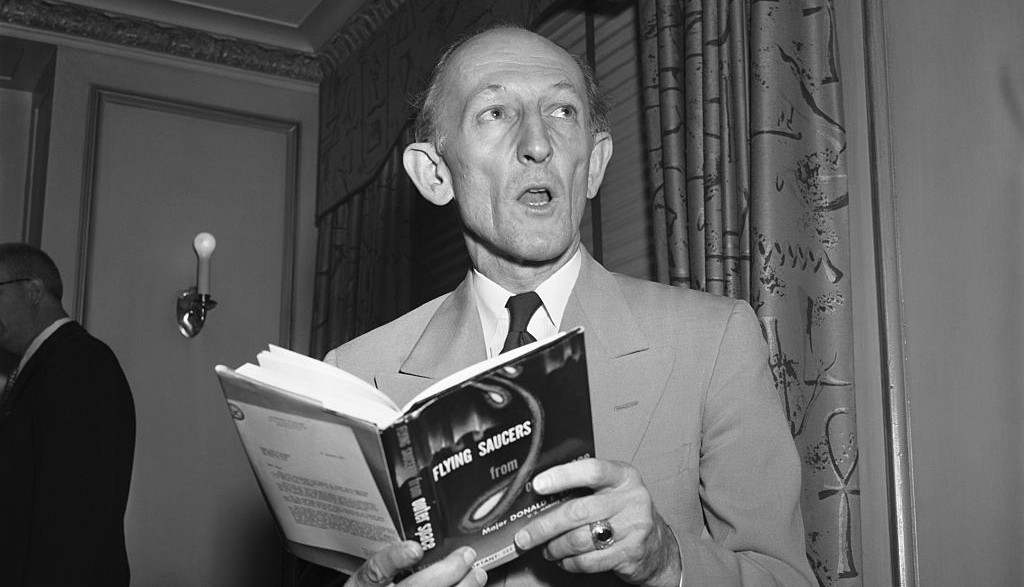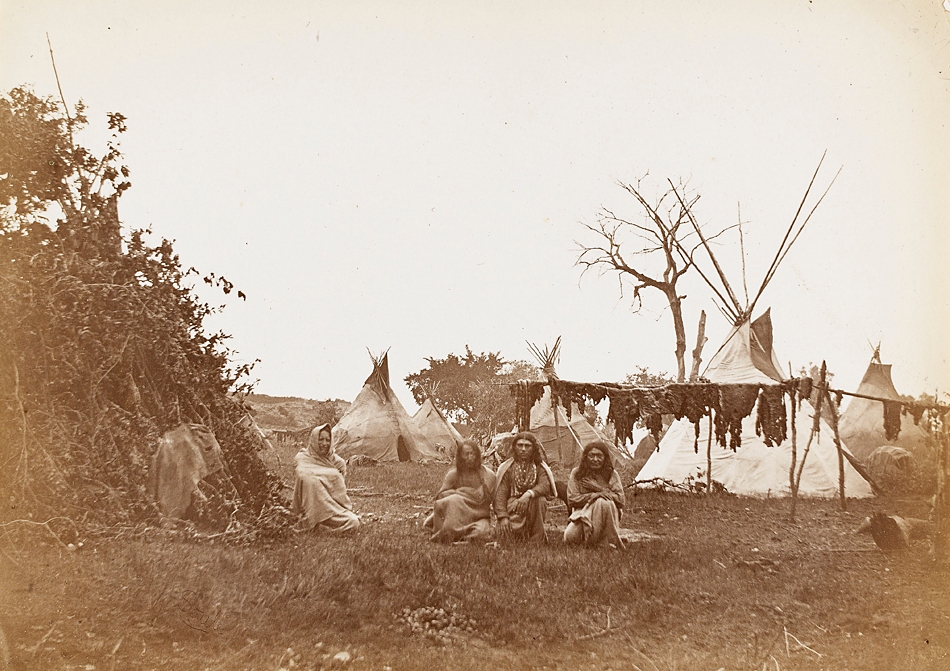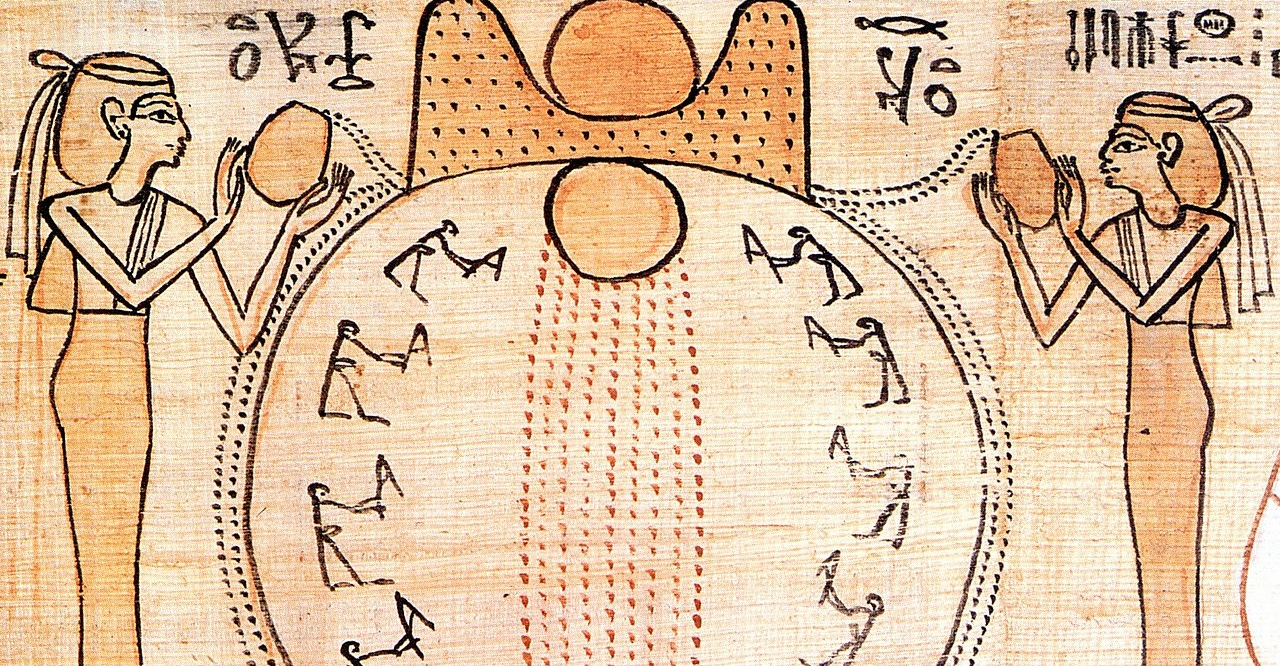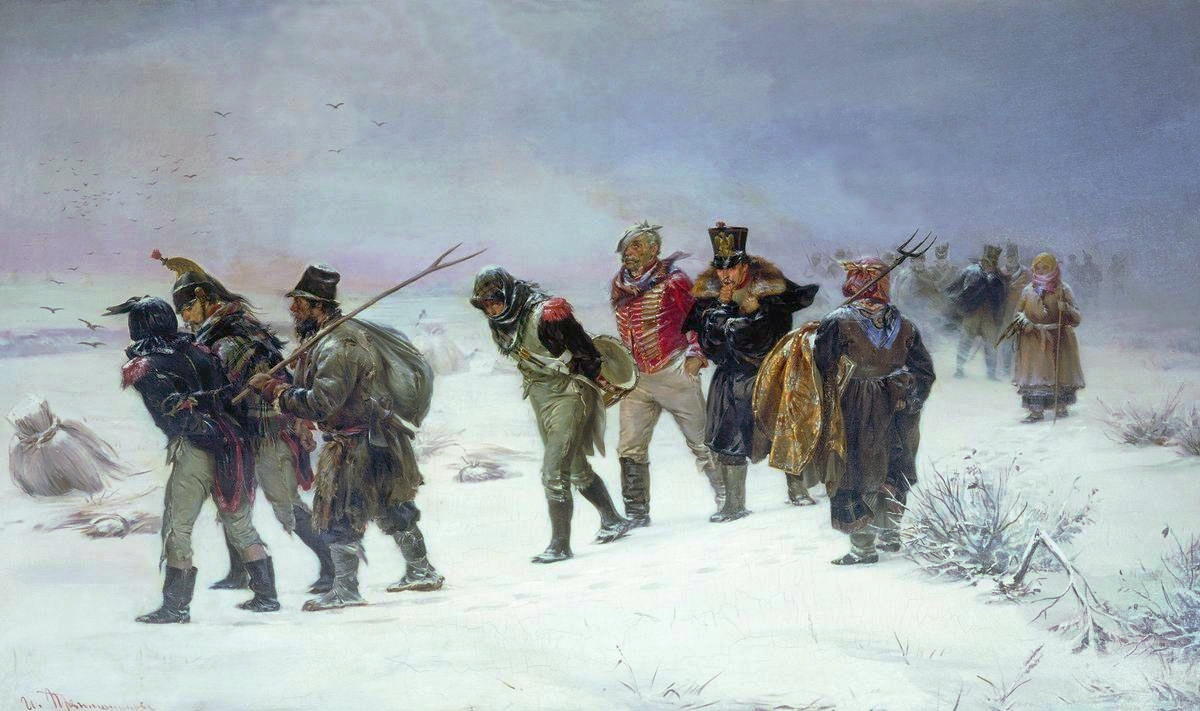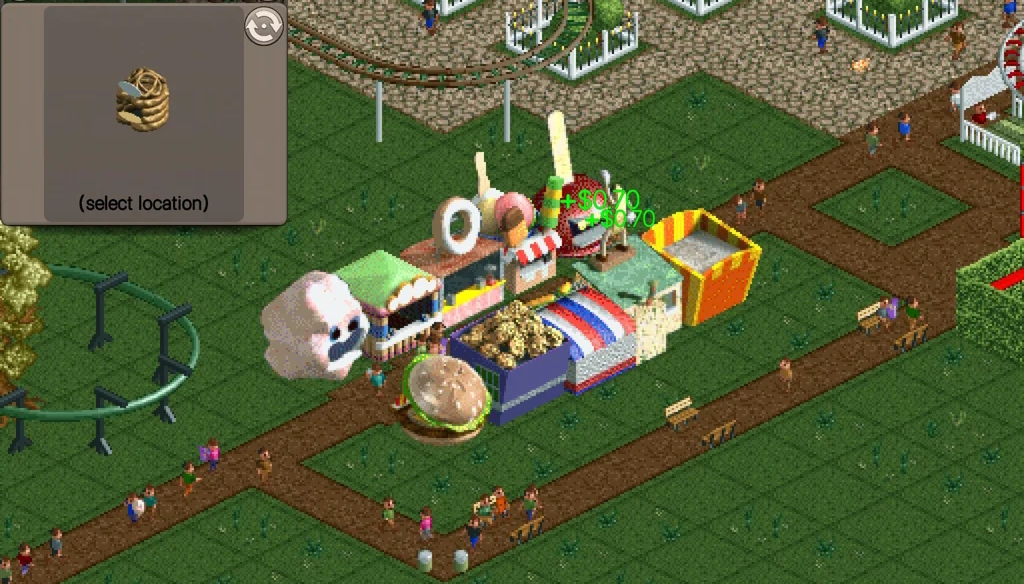I have been fascinated with stories of alien abduction and UFOs for a long time. I think the questions attached to these topics—whether Earth is the only living planet in a dead universe, whether our human perception of reality is accurate, et cetera—are genuinely interesting and worth pondering. I think something weird seems to be repeatedly happening (to people and in the sky) and that the extraterrestrial hypothesis to explain this thing is just as valid as any other guess. I do not personally think that the sum total of evidence for this hypothesis is compelling, and I do not personally believe that extraterrestrial beings are routinely visiting Earth and picking up random people and sampling cows' spinal fluid and the like.
Alleged UFO photographed by Paul Trent in McMinnville, Oregon, 1950. PD / Wikimedia
People see weird objects in the sky. People report bizarre experiences involving sort-of-human creatures performing vaguely medical rituals. There are commonalities between these stories: UFOs tend to be disc- or cigar-shaped, the aliens are short with large heads and eyes. This network of commonalities can be read in two ways, depending on your prior beliefs. They might expose a standard mode of operation employed by a unified alien presence; peeks at the manual followed by myriad agents of an extraterrestrial civilization with unknowable motives and immense technological power. Or, they could suggest a cultural staple built over the last century in the collective subconscious and borrowed from to patch over the effects of something strange but completely earthly.
I've been reading Abduction by John E Mack, M.D.—here's an interview he did with PBS on the topic, which I need to tell you is hosted on a webpage which has not been updated since 1996—a book which compiles dozens of stories Mack has collected from people who sought his psychiatric help for trauma they believed to be related to an alien abduction. I have a lot of respect for his approach, which is in turn respectful to these people and their stories. They believe, often with such conviction that it ruins their lives, that they've had an encounter with alien beings. While occasional hucksters are found out, the bulk of abductees have nothing to gain by sharing their stories—many of them lose relationships, jobs and social status for it. People who don't truly believe something happened wouldn't sacrifice to defend its veracity.
My interest in UFOlogy and the alien phenomenon doesn't hinge on whether it's real, and if I had to guess I would say it isn't. I am fascinated by the anthropological bedding of the UFO phenomenon; the existence of extraterrestrials (and Bigfoot, Mothman, your personal favorite cryptid or ghost) as a sort of American folklore.
In my first year of college I took an introductory astronomy class. The professor, knowing that a lot of kids would get their required science credit and then never take another science class, required us to read Carl Sagan's book The Demon-Haunted World. Parts of the book feel a little stuffy now (chapter 2 cites Beavis and Butthead as a red flag of humanity's decline) but I think it presents a highly compelling argument for skepticism toward pseudoscience and, at the same time, a convincing case for accepting our inability to change another person's beliefs. Some people will believe in something unfounded, and some people will do so with a life-ruining grip.
I'm not suggesting that humanity has a complete understanding of our world. Strange, unexplainable things happen all the time! What I think is most revelatory, though, is the nature of people's reactions to these events, which are almost always reinforcing of a previously-held belief or assumption. The human mind is so fixated on the maintenance of a continuous narrative—that narrative being so critical to our experience of consciousness—that any gap needs to be filled as a matter of self-preservation. Whatever is happening to people that causes lost-time events or gaps in memory is probably weird and scary! We understand so little about the mechanics of our own consciousness that even questions like how anesthesia works remain a mystery after almost two hundred years of using it worldwide. The conscious mind can react to trauma in a variety of ways we sort of understand: suppression, dissociation, reinterpretation. In Abduction, Mack examines a link between alien abduction and abuse in childhood. My belief is that when the human brain needs to fill a empty space in our personal story—left by either the blotting out of a traumatic event or by accident, such as sleep paralysis—it will reach for material absorbed from the ambient culture. Before space travel or even other planets were widely known of, people backfilled these blanks with simpler myths. Sagan writes:
Abductees frequently report having seen 'aliens' in their childhood - coming in through the window or from under the bed or out of the closet. But everywhere in the world children report similar stories, with fairies, elves, brownies, ghosts, goblins, witches, imps and a rich variety of imaginary 'friends'. Are we to
imagine two different groups of children, one that sees imaginary earthly beings and the other that sees genuine extraterrestrials? Isn't it more reasonable that both groups are seeing, or hallucinating, the same thing?
A reaction based on ambient cultural absorption would explain why the UFO phenomenon is so deeply American. Other countries' reports of alien encounters come from a modern world subjected to America's cultural radiation through empire and trade. The alleged UFO crash at Roswell in 1947 coincides neatly with the beginning of the Cold War; the UFO phenomenon's cultural weight decays throughout the 20th century as our collective paranoia changes targets. A mythology, or family of mythologies, develops: The government is aware of aliens, or is in a contract with them, or is in possession of crashed spacecraft. The extraterrestrials are here to warn us about impending global destruction, or raise us to a higher level of cosmic understanding, or enact a hybrid-breeding program to save either our species or theirs.
All of this is, of course, spun up from white noise. Fake documents spring up concerning the mysterious "Majestic 12," which becomes the center of its own cluster of myths and lore about the aliens' purpose on Earth and the role of our government in dealing with them. Photographs are fabricated for fame or just for kicks by all sorts of people; these harmless hoaxes are chummed up by the uncritical into a patchwork of supposed evidence which always seems to serve their own angle or agenda. And the end result—a network of beliefs and convictions that has survived a drought of real proof for generations—resembles, in its own cheap and garish way, an American mythology. A faith. A folklore.
The earliest sighting of a UFO (at least according to UFO Casebook, one of the world's best websites) was reported in 1876. John Martin was out hunting near Denison in northeastern Texas when he saw a large, dark orb zoom overhead. He told the local newspaper that "it resembled, as well as he could judge at such a distance, a balloon, which seemed to him to be the most reasonable solution."
Critically, Martin did not assert in any way that the object could have been alien or otherwise supernatural in origin. He was characterized as "a gentleman of undoubted veracity," and his best explanation was based on things he knew to be real, even if it was improbable that a balloon was being flown over a frontier town. The assumption that Martin saw an alien spacecraft (a "UFO" in the colloquial sense, rather than just a literally unidentified object) was first published by Maj. Donald Keyhoe, a retired Marine who pivoted from a career in writing science-fiction stories to a career in preaching about the impending alien threat. He is a fascinating figure in the American mythology, and it's difficult to sort out whether he truly believed or just saw a buck to be made.
The town of Denison had been founded four years before John Martin's sighting. The land it's built on once belonged to the Wichita, Kiikaapoi, and Tawakoni people, who lived throughout the region. By the 1870s these peoples had been forcibly relocated to "Indian Territory," a shrinking patch of difficult land in an unwanted corner of the expanding United States. They were moved without consideration for any existing attachments to geography: gravesites and monuments were rendered obscure. They were dumped into a new place with no regard for cultural differences. Were they allowed to stay on the ancestral plain that became Grayson County, they may have assigned their own meaning to Martin's mysterious balloon.
William S. Soule, Arapho camp near Camp Supply, Oklahoma, 1870. Wikimedia
America is built on a mass grave; this we are just beginning to truly reckon with. It is a story written not just in blood but over the erased story of an existing world, now pushed to the margins or only legible between the lines. The theft of this continent from its original inhabitans went beyond the physical realm. An unknowable amount of culture, history, and knowledge was lost forever. It should be a point of shame that the American people are "discovering" from scratch and scattered artifacts the ways of people who still lived here, alongside those artifacts, an archaeological blink ago. They might have told us if we had asked.
Instead, we are left guessing, given an empty hole in history and nothing to go on. And we imitate the behavior of the conscious mind on an expanded scale, packing that void with anything that can be rationalized in any way. Anything that can be leveraged to excuse our being here. The story's provability isn't important; just the justification it can provide. It's the same impulse that leads people to think an exiled Welsh prince sailed to Alabama 300 years before Columbus—a story included in Alabama history textbooks for decades. Or the more fringe belief that Cleopatra and Alexander were buried by a funeral ship of Ptolemaic soldiers thousands of miles from Egypt in the headwaters of the Mississippi for reasons unknowable. On the latter, Jon Bois writes:
A consequence of stealing land is that you will never find the significance of it. Whatever lies you made up to justify your crimes will fade away. There are lots of people who grew up down there in a society that was missing spirit, purpose, anything sacred.
And then there are some who [...] need to assign the sort of historical importance here that they see in Paris, or Addis Ababa, or Bangkok.
It's here in abundance, of course. It's just the history that they choose not to think about.
We killed the spirits of this land when we killed its people. The Americans of the 20th century and beyond inherited a country bleached free of inherent meaning. We dominated this continent by a long, bloody war as a sacrifice to the godhead of science and economics: masters which restrict us from mystery, which streamline away myth. The psychic vacuum left by this destruction has never gone away. Human beings still seek meaning beyond their own lives and bodies, just as the native people did by honoring spirits and communing with nature. America has simply concocted a stand-in folklore infinitely more crude and toxic: Mormonism, scientology, paintings of Jesus as a white guy. Aliens and UFOs.
The extraterrestrial hypothesis as a replacement for religion in the post-Enlightenment psychosphere is not a new identification. "UFO religions" have existed for decades—beginning prominence with the The Chicago Seekers, a Midwestern apocalypse cult whose analysis by social psychologist Leon Festinger coined the phrase "cognitive dissonance." The human mind's all-consuming need to organize a chaotic universe into linear narratives has generally led us to invent a higher power or an unseen plane from which the mortal world is managed. Gods, saints, spirits, karma. When we could not measure the age of the Earth we still theorized about its creation. Some kind of story, no matter how long or complex, needed to span the gap between the current moment and an assumed beginning point.
Illustration of goddesses pouring the primeval waters over the mound of creation. Excerpt from the Book of the Dead of Khensumose, 21st dynasty, Egypt. Wikimedia
Of course, no mythology ever ends there. These controlling forces—with their own motives and relationships, sometimes friendly and sometimes hostile—are still all around us, demanding tributes or prayers. Ritual has been a key component of our conscious experience since humans first diverged from apes.
In the American age, when science rules, the big questions which once provided fertile psychic space for mythology have been mostly answered. We know how old the Earth is, where it came from, and even how it will end. And so the realms we imagine and beings who inhabit them take on new forms consistent with our knowledge of reality. Our modern model of the universe—based on physics and chamistry and hard, cold math— does not allow for faeries and sprites, but it does not definitively rule out alien life. There's nothing on the books that says extraterrestrials couldn't be visiting our planet in glowing spacecraft for unclear reasons.
Of course, this mode of thinking inevitably contaminates the past as well. Foundational to modern UFOlogy is Erich von Däniken's Chariots of the Gods?, an incredibly racist text which cobbles together several earlier fringe theories into a thesis that ancient (read: non-white) people could not have built the things we observe them having built without assistance from highly advanced aliens. K.E. Roberts writes on Däniken for We Are The Mutants:
What’s shocking to me, having never read Chariots of the Gods? until now, is how blatantly racist Däniken’s “evidence” [...] is, and how blatantly fascist his happy acceptance of it is. His third and fourth claims are merely contradictory and daft: while completely discounting the role of human imagination in the invention of primitive mythologies and religions, he simultaneously invents, by grand imaginative fiat and seemingly unbeknownst to himself, a new mythology and a new religion.
This is the natural way of religions, to assimilate existing beliefs into their own canon. The Romans renamed the Greek gods and later roped in the Egyptian pantheon. The Christian church turned Pagan equinox festivities into Easter. Keyhoe reinterpreted a mysterious object over Denison, Texas as an alien spaceship. Däniken fudged the bulk of human history to support the idea of alien intervention.
The earliest humans understood, as a matter of intuition, that they were animals: subject to the laws of nature and thus only one part of a greater ecosystem they should take care not to deplete. Anthropologists believe that the earliest religions centered around shamanistic figures who could commune with the other animals and understand their thinking. These people's gods did not hide above the clouds or on other planets. They were the trees, the birds, the auroch; tangible and knowable, yet stil possessing a link to something mystic.
Aliens are the gods of the conquerors. We cannot imagine anything on Earth more powerful than ourselves. But to suppose that we sit atop a pyramid of all creation brings liability, loneliness, confusion. So we imagine something greater than us off Earth. And at the same time, this framework excuses us from guilt: If humans, otherwise just a bunch of apes, inherited our intelligence—our capacity to inflict horror and violence—from extraterrestrial visitors, then none of this is really our fault.
Just like religion has always offered the tormented masses, UFOlogy promises a chance at deliverance. Sometimes this manifests as a literal ride on a comet away from our doomed planet. Sometimes the deliverance is agency; the technology or knowledge to fix things down here. Scenes of global destruction are frequently shown to abductees, seemingly as warnings. In the mythology of alien contact abductees are the new shamans, given special knowledge or unique proximity to the higher plane. A breakthrough is always just around the corner—maybe now, with the Pentagon releasing
